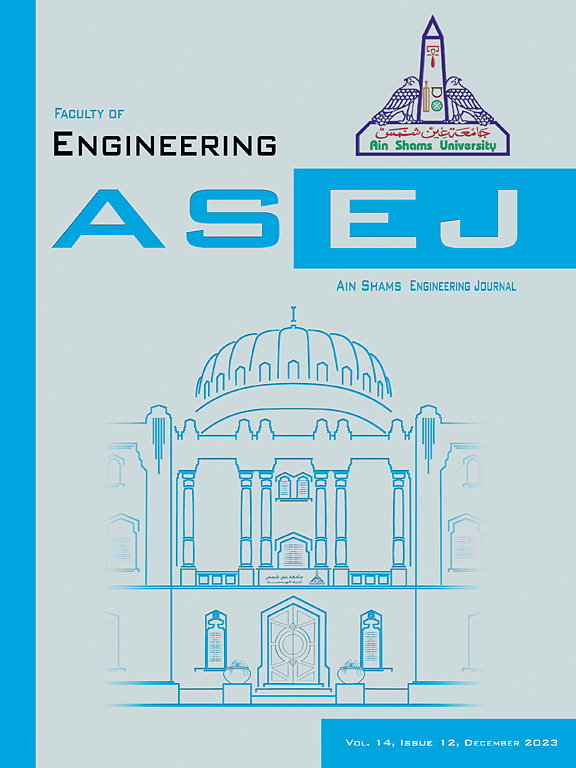Critical factors influencing post-disaster reconstruction: A quantitative analysis of Yemen’s recovery challenges
IF 5.9
2区 工程技术
Q1 ENGINEERING, MULTIDISCIPLINARY
引用次数: 0
Abstract
Yemen faces considerable obstacles in post-disaster reconstruction owing to political instability, budgetary limitations, and inefficiencies in disaster management. This article delineates and ranks the principal issues obstructing reconstruction initiatives, providing the inaugural complete examination of these challenges in Yemen. A thorough literature study identified 47 important elements that contribute to delays and failures in reconstruction. The elements were assessed through a survey of 51 seasoned engineers and prioritized using the Relative Importance Index (RII) into four categories: management, government, beneficiaries, and economic. The study delineates the 10 principal components that represent the foremost impediments to restoration, underscoring the want for improved governmental administration, dependable financial backing, and augmented community involvement. Addressing these issues can accelerate and improve the efficacy of reconstruction operations. The results offer pragmatic suggestions for policymakers and practitioners to enhance post-disaster reconstruction in Yemen and other areas encountering analogous difficulties.
影响灾后重建的关键因素:也门恢复挑战的定量分析
由于政治不稳定、预算限制和灾害管理效率低下,也门在灾后重建方面面临相当大的障碍。本文对阻碍重建行动的主要问题进行了描述和排序,首次全面考察了也门的这些挑战。一项全面的文献研究确定了47个导致重建延误和失败的重要因素。通过对51名经验丰富的工程师的调查,对这些要素进行了评估,并使用相对重要性指数(RII)将其分为四类:管理、政府、受益人和经济。该研究描述了10个主要组成部分,它们代表了恢复的主要障碍,强调了改善政府管理、可靠的财政支持和扩大社区参与的需要。解决这些问题可以加速和提高重建工作的效率。研究结果为决策者和从业者提供了切实可行的建议,以加强也门和其他遇到类似困难的地区的灾后重建。
本文章由计算机程序翻译,如有差异,请以英文原文为准。
求助全文
约1分钟内获得全文
求助全文
来源期刊

Ain Shams Engineering Journal
Engineering-General Engineering
CiteScore
10.80
自引率
13.30%
发文量
441
审稿时长
49 weeks
期刊介绍:
in Shams Engineering Journal is an international journal devoted to publication of peer reviewed original high-quality research papers and review papers in both traditional topics and those of emerging science and technology. Areas of both theoretical and fundamental interest as well as those concerning industrial applications, emerging instrumental techniques and those which have some practical application to an aspect of human endeavor, such as the preservation of the environment, health, waste disposal are welcome. The overall focus is on original and rigorous scientific research results which have generic significance.
Ain Shams Engineering Journal focuses upon aspects of mechanical engineering, electrical engineering, civil engineering, chemical engineering, petroleum engineering, environmental engineering, architectural and urban planning engineering. Papers in which knowledge from other disciplines is integrated with engineering are especially welcome like nanotechnology, material sciences, and computational methods as well as applied basic sciences: engineering mathematics, physics and chemistry.
 求助内容:
求助内容: 应助结果提醒方式:
应助结果提醒方式:


